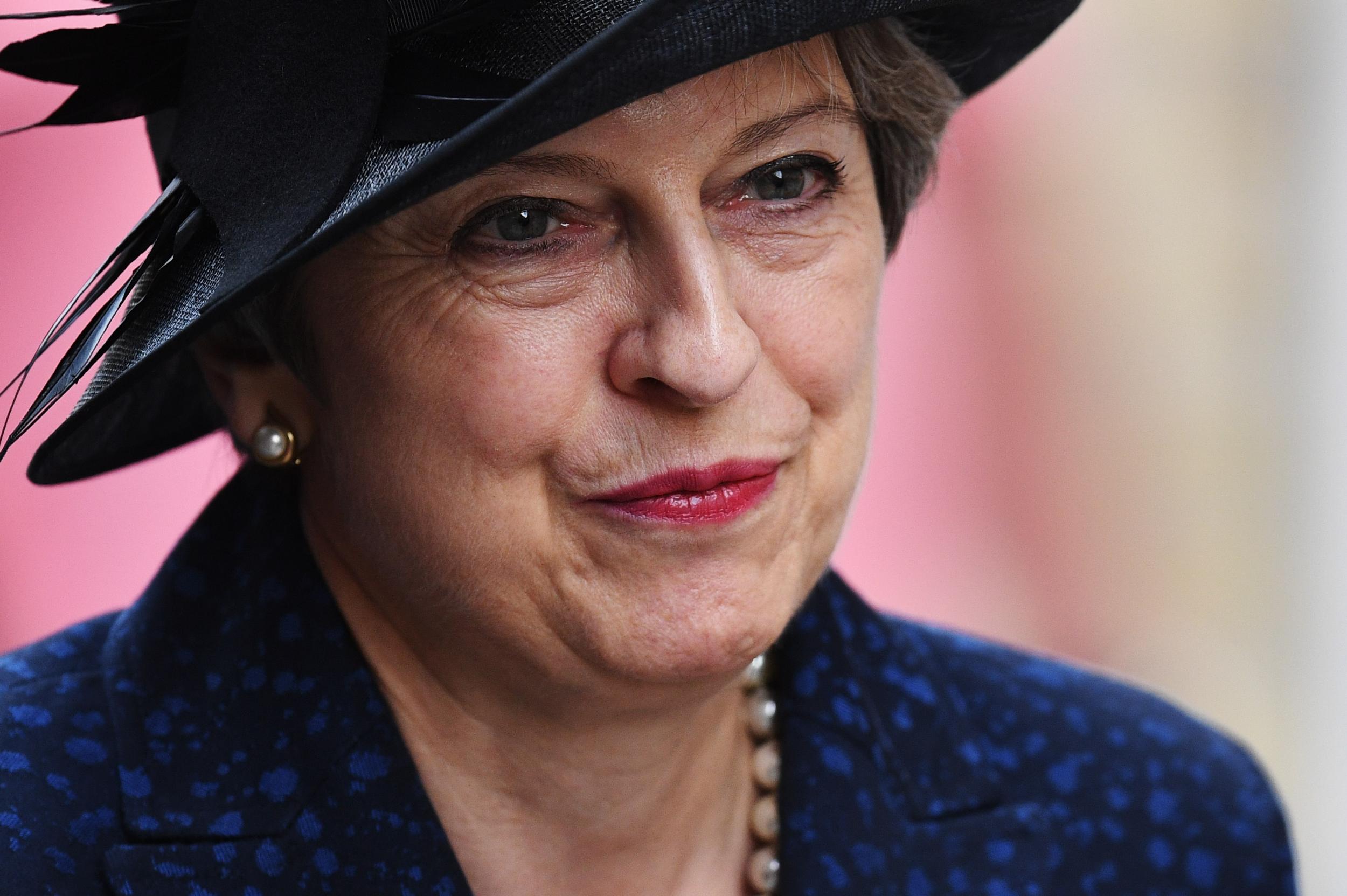Your support helps us to tell the story
From reproductive rights to climate change to Big Tech, The Independent is on the ground when the story is developing. Whether it's investigating the financials of Elon Musk's pro-Trump PAC or producing our latest documentary, 'The A Word', which shines a light on the American women fighting for reproductive rights, we know how important it is to parse out the facts from the messaging.
At such a critical moment in US history, we need reporters on the ground. Your donation allows us to keep sending journalists to speak to both sides of the story.
The Independent is trusted by Americans across the entire political spectrum. And unlike many other quality news outlets, we choose not to lock Americans out of our reporting and analysis with paywalls. We believe quality journalism should be available to everyone, paid for by those who can afford it.
Your support makes all the difference.Downing Street has sought to rein in Chancellor Philip Hammond in an apparent attempt to prevent Brexit divisions descending into a cabinet civil war.
Theresa May's official spokesman made clear that freedom of movement will end in March 2019, despite previous indications from Mr Hammond that a similar system could continue after Brexit.
The No 10 spokesman said further details of exactly how the UK will manage immigration would be published in due course, but said it would be "wrong to suggest" freedom of movement would continue unchanged.
It comes amid reports of deepening cabinet splits over post-Brexit immigration, with one group of ministers led by Mr Hammond arguing for a system close to the current one and another wanting tougher controls.
Speaking on Monday, Ms May's spokesman said: "Free movement will end in March 2019. We've published proposals on citizens' rights. Last week the Home Secretary said there would be a registration system for EU nationals arriving post-March 2019.
"Other elements of the post-Brexit immigration system will be brought forward in due course. It would be wrong to speculate on what these might look like or to suggest that free movement will continue as it is now."
An apparent cabinet split over the UK's approach to freedom of movement emerged as the Prime Minister went on holiday last week, when both Mr Hammond and Home Secretary Amber Rudd highlighted the need to avoid an immigration “cliff edge” that could starve both the public and private sector of skills.
Mr Hammond signalled free movement would continue for a three-year period in all but name after Brexit, with an added element of migrants having to register in the UK, while Ms Rudd sought to reassure business there would be no sudden drop in access to skilled EU workers.
Tensions then heightened after an interview with Brexit-backing International Trade Secretary Liam Fox was published, in which he insisted unregulated free movement after Brexit would “not keep faith” with the referendum result and highlighted that the Cabinet had agreed no stance.
There were reports that neither Mr Fox nor Foreign Secretary Boris Johnson were pre-briefed on the comments made by Mr Hammond or Ms Rudd, with Mr Johnson even forced to deny that he was preparing to resign over the issue – though Downing St said it did not recognise this version of events.
Health Secretary Jeremy Hunt joined the fray on Monday morning, defending the need for immigration from the EU and saying any post-Brexit deal must serve the need for the NHS to recruit staff from all over the continent. He said: "It has to be a Brexit that works for business, it has to work for the NHS.
"The NHS needs to recruit doctors and nurses from all over Europe and that is going to continue after we leave the European Union."
He added there would be no cliff-edge after Brexit and there would be an implementation period of no more than three years after the UK's exit in March 2019. Mr Hunt denied there were deep splits in the Cabinet over Brexit, instead claiming there was unity on securing a deal that restores control over Britain's laws, borders and money.
In a further sign he is softening the UK's approach to Brexit, Mr Hammond also gave an interview to Le Monde on Monday in which he downplayed claims Britain could try to become a Singapore-style low tax economy if it does not get the Brexit deal it wants.
He had himself suggested the move before the election, but told the French newspaper: "I often hear it said that the UK is considering participating in unfair competition in regulation and tax. That is neither our plan nor our vision for the future. The amount of tax we raise as a percentage of our GDP puts us right in the middle of the pack.
"We don't want that to change, even after we've left the EU. I would expect us to remain a country with a social, economic and cultural model that is recognisably European."

Join our commenting forum
Join thought-provoking conversations, follow other Independent readers and see their replies
Comments